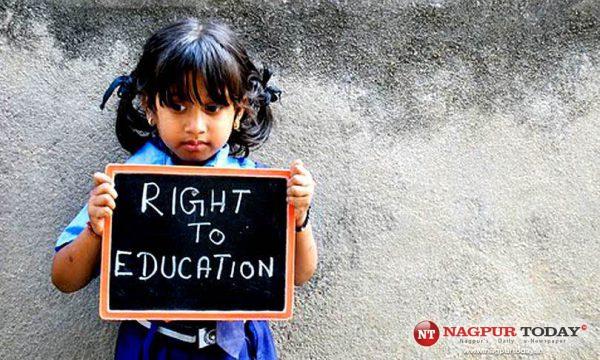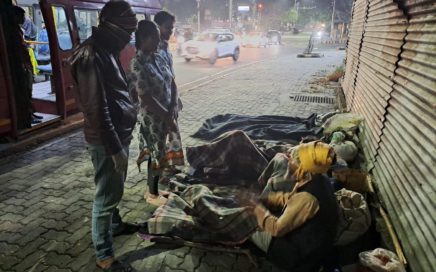Nagpur: After the stay by Bombay High Court on the amendment made in the admissions to be done under the Right to Education Act (RTE), now the State Government is modifying the circular. The admission process that has come to standstill because of litigation will likely begin next week.
At present, the State Government has put on hold school admissions under the Right to Education (RTE) Act. After the introduction of the new rule in the process of admissions to be done under Right to Education Act (RTE), the Government has given respite to the unaided schools as aided and the Government schools were to get priority. But parents approached the High Court with an argument that it was against the Act forcing the children to take admissions in Government schools.
Hearing the arguments, the High Court stayed the admission process. Now, the State Government has decided to go back to its original norm. Because of the new rule, seats in the schools crossed the 9 lakh mark in the State but the number of applications reduced drastically. The Act has given a chance to economically weaker sections to get their wards admitted even in the top unaided CBSE-run schools. Parents were disappointed by the list of only Government and aided schools coming up while filling the application form. Now, the Government is implementing the whole admission process afresh.
Notably, the Bombay High Court had stayed until further orders the operation of the February 9 notification of the Maharashtra Government that exempted private schools within a one-kilometre radius of government or aided schools from Right to Education (RTE) Act quota admissions.
Maintaining that the matter contained ‘overwhelming public interest,’ a division bench of Chief Justice Devendra Kumar Upadhyaya and Justice Arif S Doctor held that the impugned amendments contravened the Right of Children to Free and Compulsory Education Act, 2009, also known as the RTE.
The RTE Act requires private schools to ensure that 25 percent of Class 1 students admitted belong to “weaker section and disadvantaged groups in the neighbourhood.” Students admitted under this quota are given fee concessions, and the State Government reimburses private schools for the same. Before Maharashtra, Karnataka, and Kerala diluted private schools’ obligations under the RTE Act.
“It is a settled principle of law that any piece of subordinate legislation cannot be made in contravention of the principal Act itself,” the bench noted. “Even otherwise, by adding impugned provisions, the right of children to get elementary education is being hampered, which is otherwise guaranteed in Article 21 (protection of life and personal liberty) of the Constitution,” it added.
The bench granted interim relief in a batch of pleas, including a writ petition by 17 people, including members of management of aided schools and parents from socio-economically backward classes.

















